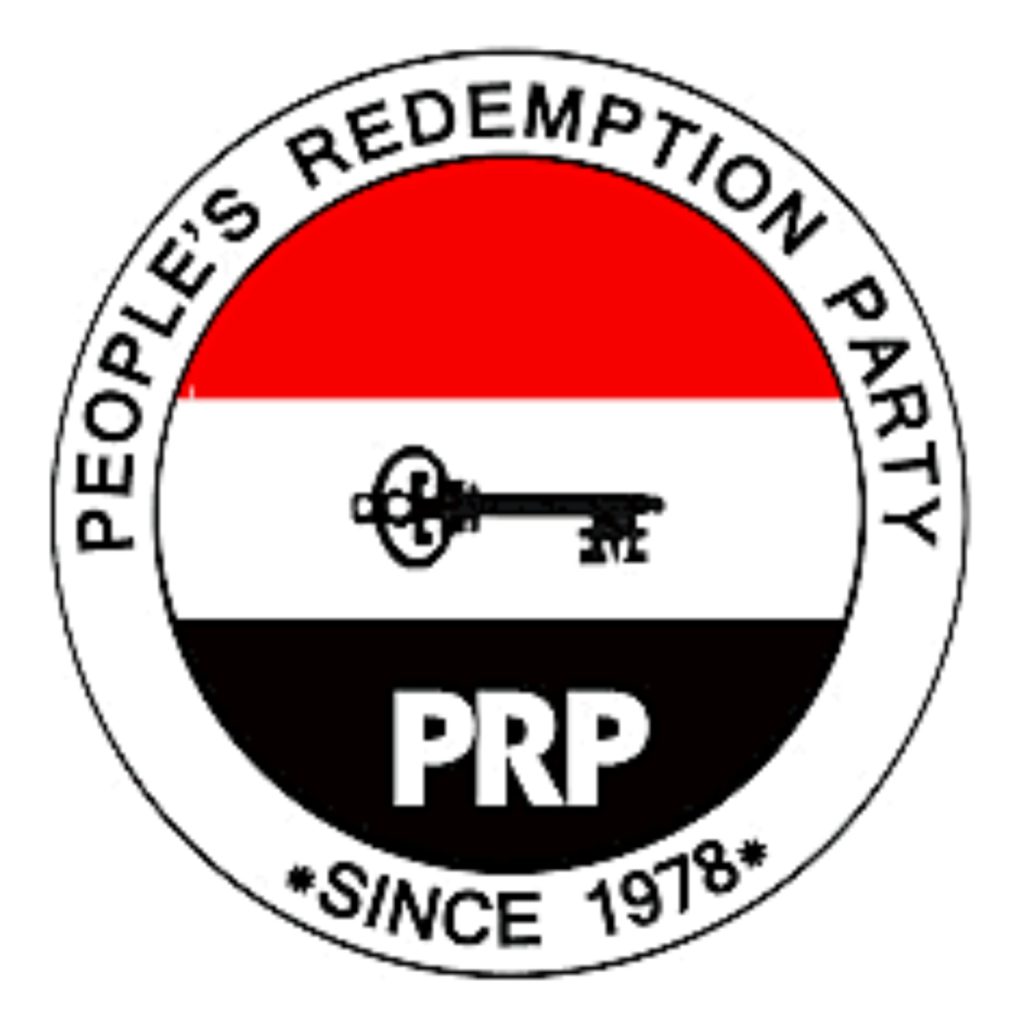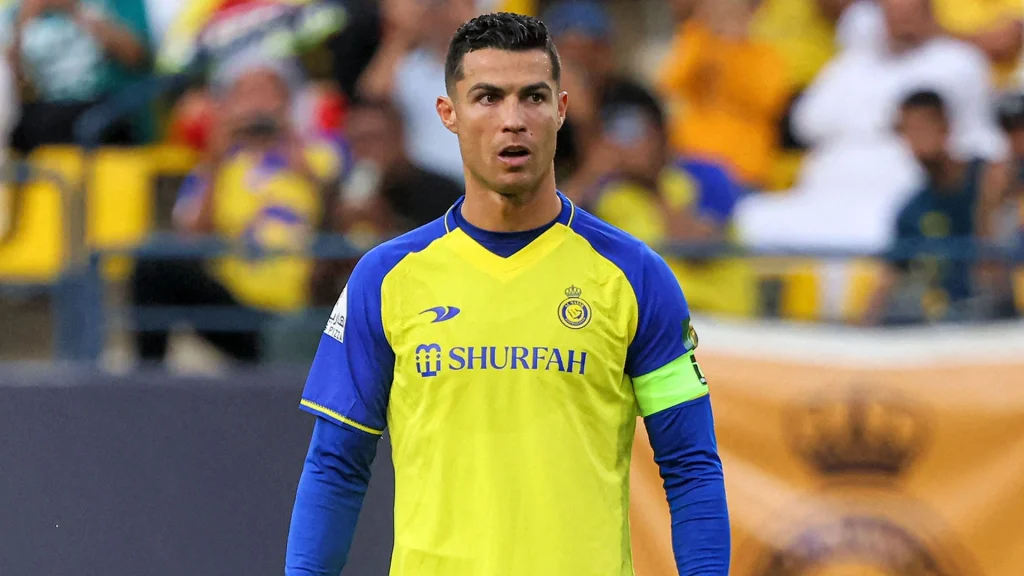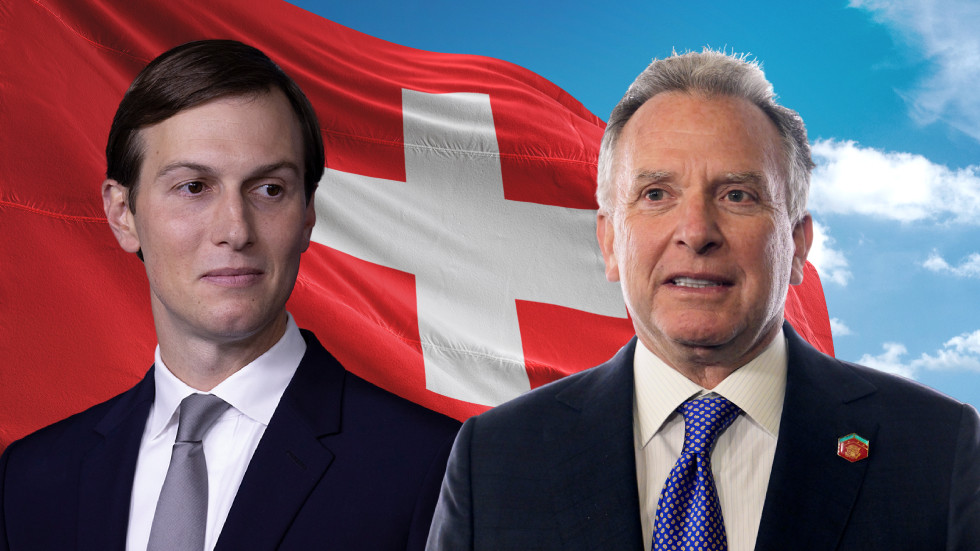Jimmy Kimmel’s suspension from his late-night show has been lifted, according to an announcement by Disney. The decision comes after “thoughtful conversations” with Kimmel, whose program was pulled from broadcast due to concerns about his comments on the Republican reaction to right-wing commentator Charlie Kirk’s death. Despite his return to air, the issues that led to his suspension remain unresolved, with ongoing debates about government censorship and free speech.
The controversy surrounding Kimmel’s suspension began when he made remarks about the Republican response to Kirk’s death, prompting apparent threats from Federal Communications Commission (FCC) chairman Brendan Carr to revoke ABC’s broadcast license. President Donald Trump subsequently expressed approval of ABC’s decision to pull Kimmel’s show, calling for other late-night programs, including The Tonight Show Starring Jimmy Fallon and Late Night with Seth Meyers, to be removed from broadcast as well.
Seth Meyers, host of Late Night, addressed the situation during his recent episode, noting that he had only just learned about Kimmel’s return to air. Meyers spoke about the environment that led to Kimmel’s suspension, criticizing President Trump’s targeting of his political opponents and critics. He emphasized the importance of free speech, stating that it is protected even when the content is unpopular.
Meyers also pointed out that late-night hosts have criticized numerous politicians, including Joe Biden, but that Trump’s frequent public statements provide a wealth of material for comedians. He highlighted the difference in Trump’s reaction to criticism, compared to other politicians, and suggested that Trump’s propensity for speaking publicly creates a steady stream of comedic fodder.
The lifting of Kimmel’s suspension comes as the debate about government censorship and free speech continues. The situation has sparked concerns about the limits of comedic expression and the role of government in regulating broadcast content. As the controversy unfolds, it remains to be seen how the situation will be resolved and what implications it may have for the future of comedic programming and free speech.



